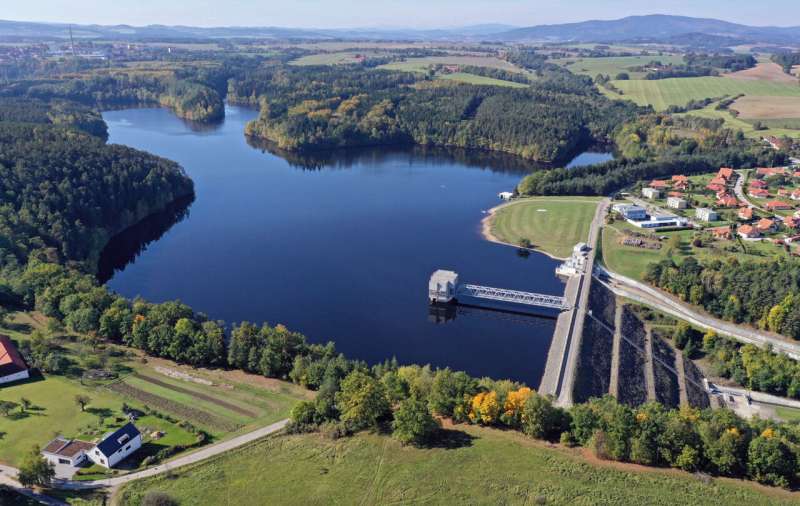
Understanding the relationship between lakes and groundwater is crucial for managing water resources amid climate change, according to new research presented at the Goldschmidt Conference in Prague. The study, conducted by the Czech Academy of Sciences, analyzed data from 350 lakes across 18 European countries, collected between 2022 and 2024, to assess how these bodies of water are adapting to changing environmental conditions.
The research, which will be formally presented on July 9, 2025, highlights the importance of groundwater in maintaining stable water levels in lakes. Using isotopic analysis of hydrogen and oxygen, the study reveals how rainfall and groundwater contribute to lake water levels and counteract evaporation losses. This information is vital for predicting the impacts of climate change on water resources.
Key Findings on Lake Resilience
The study found that lakes with strong groundwater connections are more resilient to climate change, maintaining stable water levels despite environmental fluctuations. In contrast, shallow lakes, which have a high surface area relative to their volume, are more susceptible to evaporation, making them vulnerable to rising temperatures and decreased rainfall.
Using a machine learning model, researchers identified that lakes in lowland areas are at the highest risk of reaching critical evaporation to inflow ratios by 2050. Such conditions could lead to water scarcity and increased contamination, particularly in artificial lakes like reservoirs. The study notes that these lakes often suffer from poor groundwater connectivity and are located in regions with intensive agricultural activity, which can degrade water quality.
Implications for Water Management
Lakes in higher-altitude or alpine regions were found to be more resilient due to lower temperatures, reduced evaporation rates, and better groundwater connections. However, the researchers caution that the expansion of agricultural land into these areas could pose future risks to water quality and availability.
Dr. Ma. Cristina Paule-Mercado, leading the research team, emphasized the need for tailored management strategies. “We initially expected the same controlling factors to apply across all lakes, but that wasn’t the case,” she explained. “Each region has different dynamics driven by multiple variables, highlighting the importance of groundwater-lake connectivity in sustainable management strategies.”
Future Research Directions
The team is expanding their dataset to include over 400 lakes, aiming to create a global resource. This effort involves collecting samples annually, collaborating with other scientists, and engaging in citizen science initiatives to enhance data coverage and community involvement.
As climate change continues to alter precipitation patterns and temperatures, understanding the interplay between groundwater and lakes will be essential for developing effective water management policies. The findings underscore the need for comprehensive strategies that consider regional differences and prioritize groundwater connectivity to safeguard water resources.
For further details, the study titled “Projecting climate change impacts on water balance and nitrate dynamics in European lakes” is available through the Goldschmidt Conference’s official website.
Discover the latest in science, tech, and space with over 100,000 subscribers who rely on Phys.org for daily insights. Sign up for our free newsletter and get updates on breakthroughs, innovations, and research that matter—daily or weekly.






